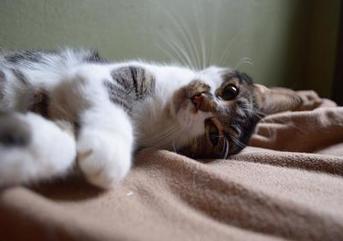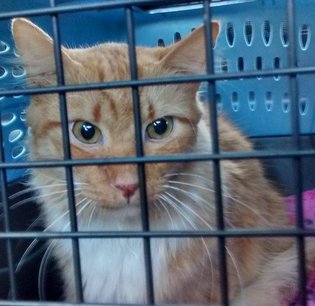
A successful adoption and happily-ever-after tail depend upon two vital “T’s”: truth and trust. Without these all-essential elements, the outcomes are all too often, anything but happy.
And it’s ultimately the innocent kitten or cat who’s the unwitting, undeserving victim.
As a rescue passionately committed to arranging purr-fect matches, we take our responsibilities – to both felines and humans – very seriously. To ensure such solid matches, we are a full disclosure rescue, dedicated to telling the truth about each kitten and every cat and trusting that each and every potential adopter is also telling us the truth.
If our questions seem pointed, probing and personal, it’s because WE know each kitten and cat in our care and know, by each potential adopter’s answers if their home is or isn’t the ideal fit for them both.
No two kitties are the same. Each has his or her own distinct personality, traits, quirks and behaviors, history and health concerns (if any). And no two potential adopters are the same. Each has his or her own, unique lifestyle and a distinct wish list for the kitty of their dreams.
Is the potential adopter alone, part of a couple or a family? If there are children in the household, how old are they? Does everyone in the household WANT a kitty? Does anyone suffer from allergies? Are there other cats, dogs or small animals in the home? Will this be an indoor or outdoors kitty? Will this kitty be de-clawed?
Only by answering each of our questions openly and honestly, can we determine whether the kitty they want is truly the kitty for them. If not, we present them with more suitable alternatives.
It serves no paws-itive purpose for potential adopters to “bend the truth” or tell us what they think we want to hear. Again, the only one to eventually pay the price for even the slightest deception is a four-legged furry bundle of love who wants only to find a loving and safe fur-ever home.
Ultimately then, all we, as a responsible rescue, responsible for the kitties we save, can do is ask for and accept each potential adopter’s truth as the truth and nothing but the truth.












 RSS Feed
RSS Feed